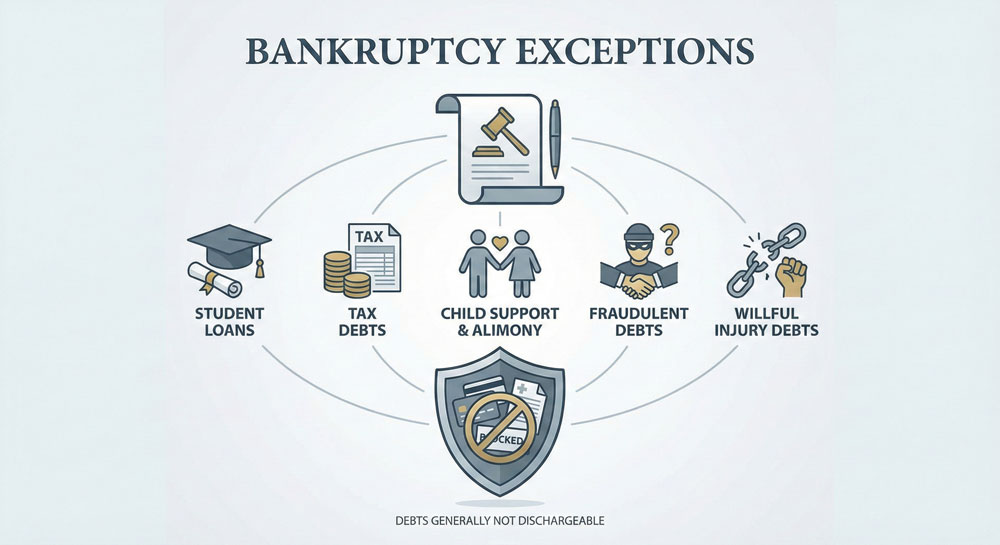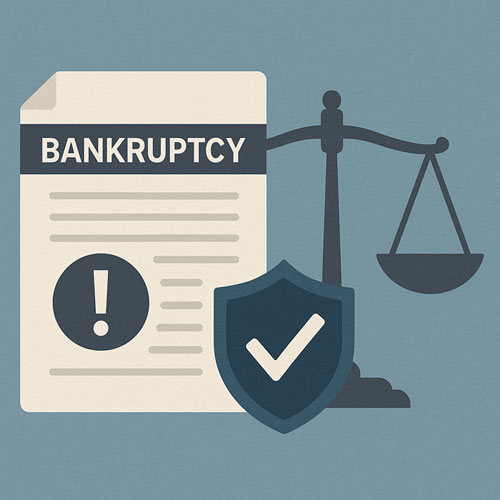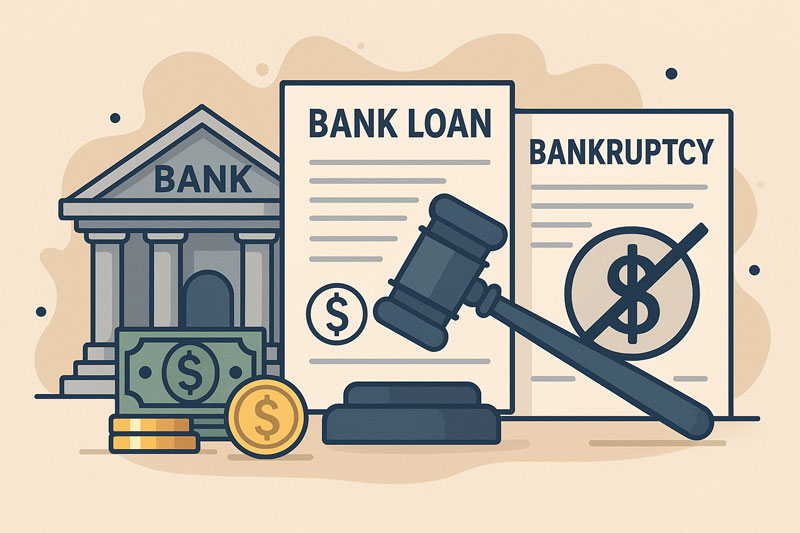House Payments In Chapter 13 Bankruptcy

Mortgage payments are usually the largest monthly expense a person has in their budget. The last thing someone wants to do is to make that payment even greater, especially when one is looking at filing for bankruptcy. When our office is looking at filing a chapter 13 bankruptcy case for someone who is in the middle of paying off a home loan, one of the very first things we ask is: are you current on your mortgage payment?
Staying Current
Why is this absolutely vital to know? Because if you file for chapter 13 bankruptcy with even a penny owed past its due date to your mortgage lender, the lender can and often will file an objection to your plan and will insist that the mortgage payment must be made by the court-appointed trustee in your case. This gives the mortgage lender an assurance that they will receive timely payments for the duration of your plan, while also ensuring any and all arrears are paid over the plan’s duration. Why is this outcome not ideal? Because trustees are paid a fee on top of any debt they are in charge of paying through your case, in the approximate amount of 10%. For example: if you pay $2,000 a month for your mortgage, if that payment is structured within your plan, you can expect to now be paying about $2,200 for this same bill. In this example, under a 5-year plan, you would effectively pay an extra $12,000.00 for your mortgage than if you were current when you filed you would not have to pay. This fee is applied to any debt balance being paid through your plan, but unlike these other debts, you can have some level of control over whether or not this debt is paid through your plan or not.
Foreclosure
In cases of imminent foreclosure, you may not have the luxury of time to catch up on past due plan payments, but if you are not facing an imminent foreclosure that you are attempting to stop by filing, we typically encourage you to pay off any past due balance to your mortgage lender before proceeding with your Chapter 13 bankruptcy to save themselves a significant sum over the next five years.
If you have questions about the bankruptcy process reach out to your Stockton bankruptcy attorney at (209) 952-0355.
Categorized in: Loans



